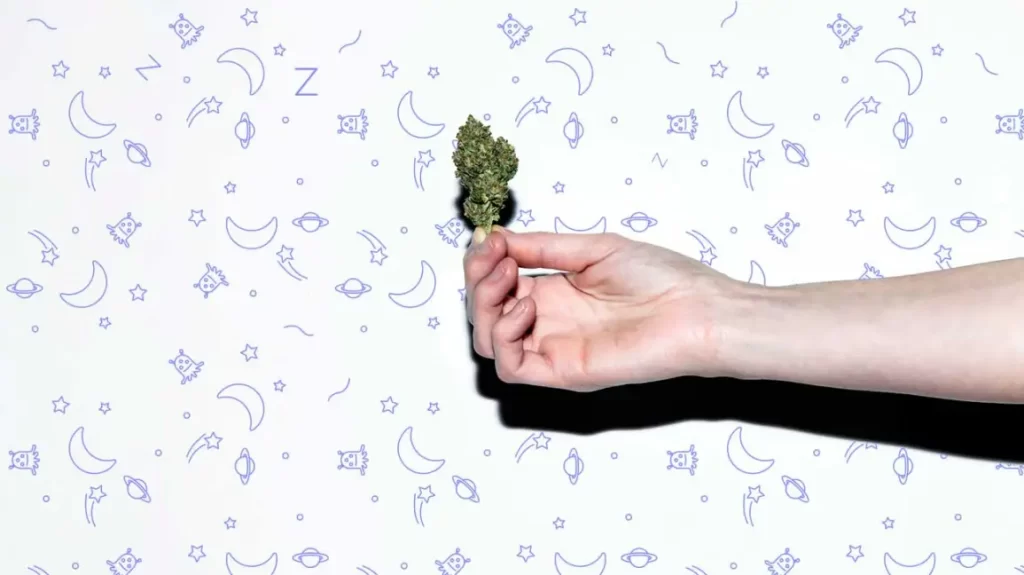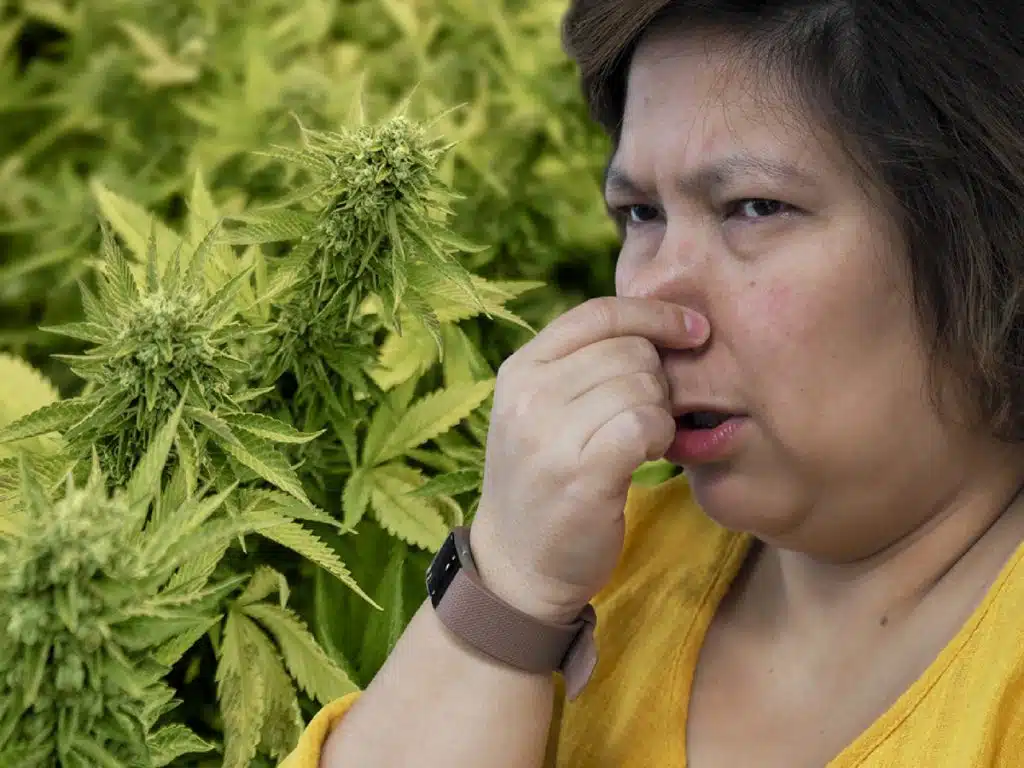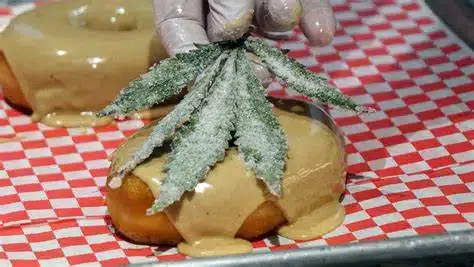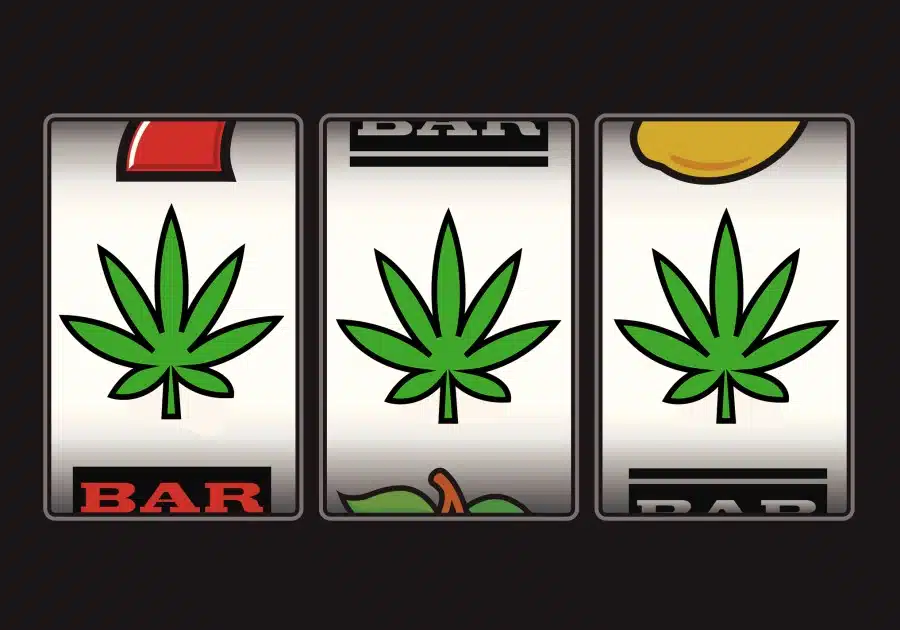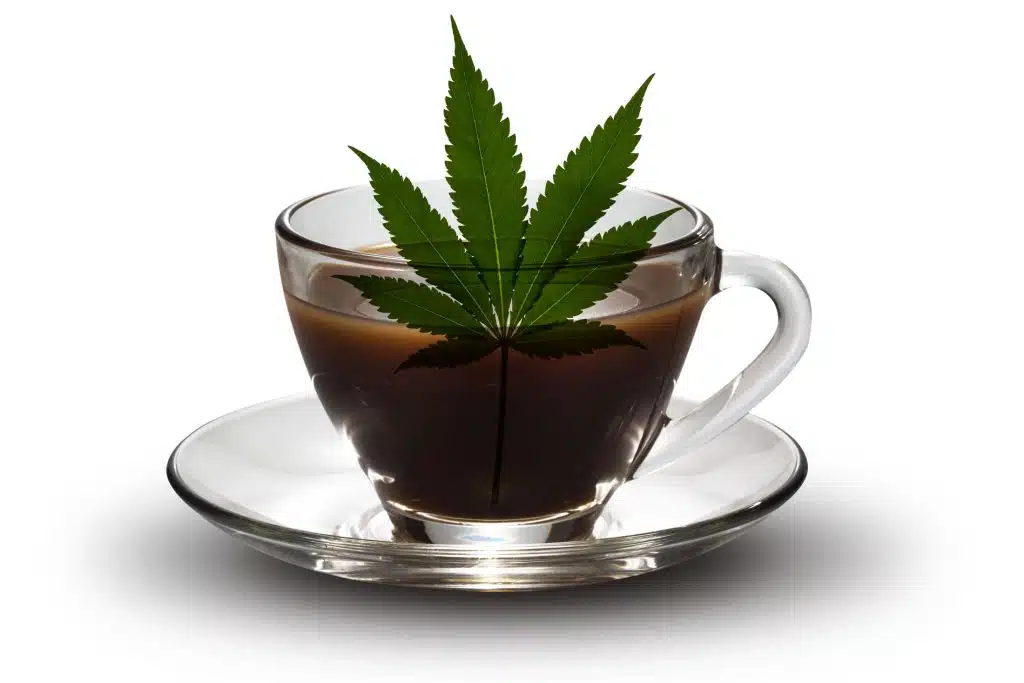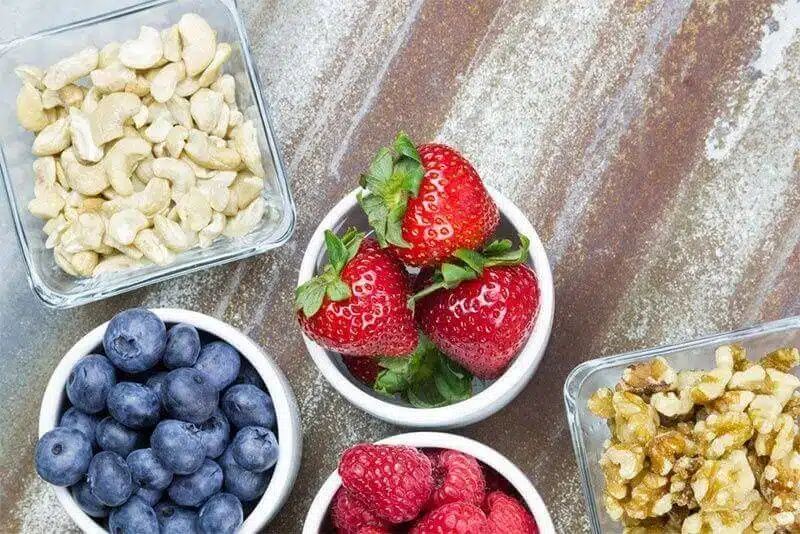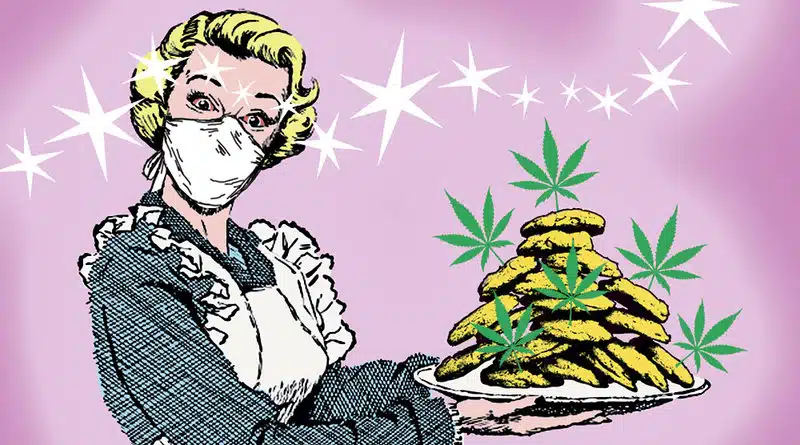Weed 101: The Art Of Seeds To Sales
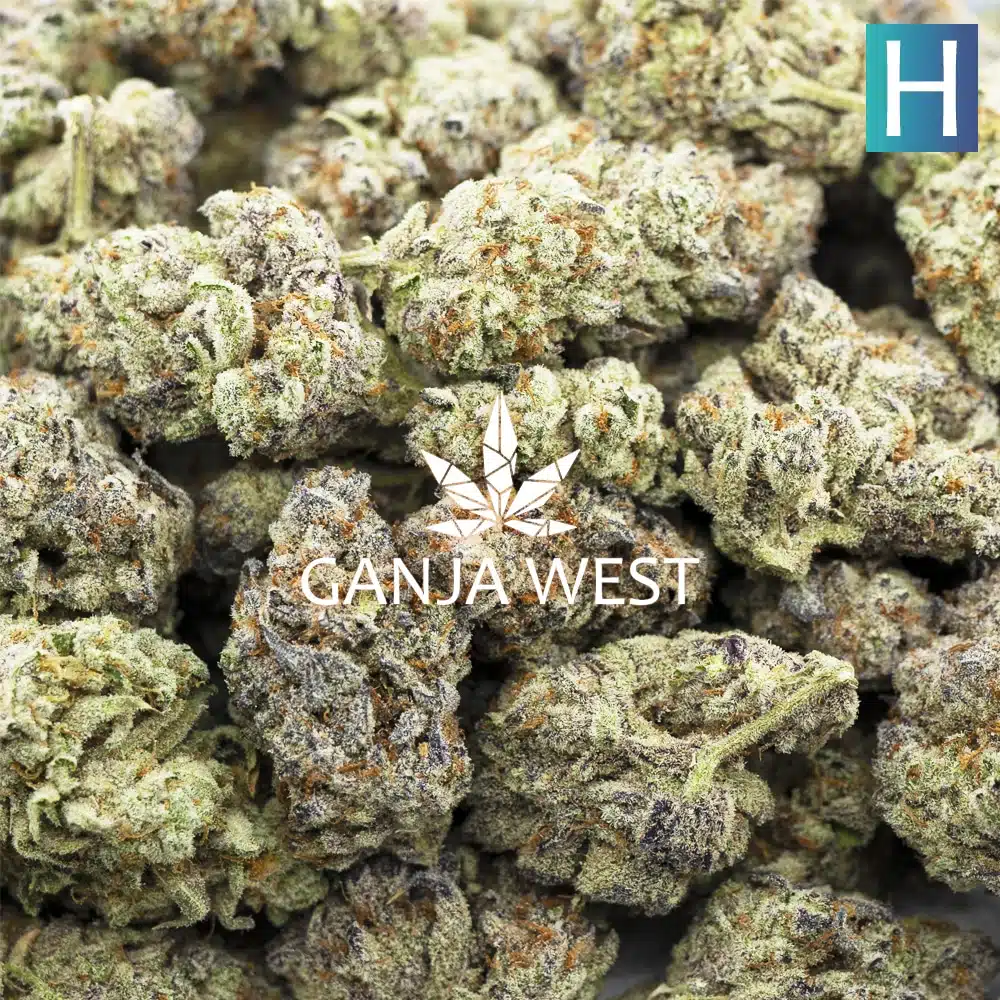
Weed 101: The Art Of Seeds To Sales
The process of getting cannabis products to consumers in Canada is now much more complicated than it was before legalization. Growers and processors must take several steps to ensure their products are compliant with regulations, which can be time-consuming and expensive. However, this is a small price to pay to ensure that consumers have access to safe, high-quality products.
Today’s growers face many challenges, from product testing to building a recognizable brand to navigating a highly regulated provincial supply chain. All of this adds to the cost of producing legal cannabis and the length of time it takes for products to reach consumers.
The long road to retail varies by province
Only those with a sales licence can sell products on the federal level into provincial markets. Even with a sales licence, you have to be approved for sale in a province, and then in most markets have specific products approved for sale by the provincial board.
If you want to sell cannabis commercially, you need to find a partner who has a licence to process it. This partner will package the dried cannabis, turn it into extracts or edibles, or make it into topicals. Alternatively, you can get your own licence to process and sell cannabis.
The processor must be approved by each provincial cannabis branch in order to sell products into their system.
The biggest challenge for Aaron Anderson, VP of Sales at BZAM Cannabis in British Columbia, is working through the different provincial distribution systems.
A company must first be approved to sell products in the province before pitching specific products to provincial boards.
According to Anderson, it takes Ontario two to three months to get an approved product through their distribution system and onto retail shelves. BZAM has products in several provinces across Canada, including Ontario.
He argues that while smaller provinces like Saskatchewan, Manitoba, and Newfoundland allow direct shipments to retailers, these are much smaller markets. In contrast, BC and Alberta are faster and a little more flexible, with a turnaround of a few weeks, rather than a few months. Quebec is the most difficult, with close to a year needed to be vendor qualified, if at all.
Farmgate sales are direct to consumer
Robyn Rabinovich, VP of Strategic Initiatives at Thrive Cannabis, says that their on-site retail farmgate store allows them to bypass some of the longer warehousing and processing issues with the OCS.
Although they still have to go through the initial product pitch with the province every two months, they can bypass the extra few months of processing through the OCS system by storing and selling their own product on-site.
This means that Thrive can sell products that were harvested relatively recently, usually within 6-8 weeks. This is a strong selling point for the company, as it means that their products are always fresh.
“This is where the efficiencies provided by Farmgate really come into play,” she explains. “It would have to be sent to a warehouse, cleared through OCS, and then the retailer would have to wait for the date of purchase and then release the product in OCS instead of adding all those days. Then walk it to our retail store.
We are able to see that our products are sold from release to consumer in just two days. This means that we can offer our customers the freshest products available on the market.
Thrive is dedicated to providing their customers with the best possible experience by selling their products through their farmgate store, the OCS, and soon, Yukon. They also have products in BC, Alberta, and Saskatchewan.
Producers prefer working with British Columbia
BC is the favourite province because of its cannabis industry and its background working with provincial liquor boards.
You can pitch your products to us every week, and we’ll rotate what we feature between flowers, concentrates/edibles, and other products. This way, everything stays fresh. We’re somewhere in between Ontario and BC in terms of timing.
Josh Udala, CEO of Organnicraft, a micro producer with products in BC, Alberta, Saskatchewan, Manitoba, Ontario, and Yukon, says BC has been the fastest to work with in his experience.
BC is probably the easiest to get started with because we can work with the demand planner. Saskatchewan and Manitoba are also nice because you can go straight to the retailer, but the quantities aren’t huge. As far as the major provinces go, BC seems to be the easiest.
Getting the freshest cannabis to consumers
BZAM is one of the first companies to post a harvest date on their product, not just a packaging date. This allows customers to know how fresh the product is, and he says when they had their first product come out in Ontario, some were surprised it was four months old.
We can get your product to you within four months, which is much faster than the average turnaround time.
Getting approval to sell in a province can be a challenge for new growers and processors, according to Anderson. This approval is necessary to pitch specific products.
Some provinces have a limit on the number of Licensed Producers they will approve, so any new entrants into those markets would need to partner with an existing approved company.
Good weed isn’t enough for sales, growers need a brand
In today’s competitive marketplace, it’s essential to make sure consumers are aware of your brand and product. Otherwise, they may never know to look for it.
Udala’s small size is a big challenge when it comes to marketing and branding their cannabis products. They must learn how to properly market and brand their products to compete with larger producers.
He and his team have transitioned from the legacy market to the legal market, but starting from scratch in the latter is a daunting task.
“You really have to get out there and educate retailers and consumers about your product,” Udala said. “Especially when people don’t know who you are, and retailers don’t take you off the list.”
It can be tough to build a successful brand on your own, but it’s even harder when you have to do it in a competitive supply chain. Mr. X believes that the biggest obstacle to success is marketing and branding. It can be difficult to get purchase orders from provincial governments and then to keep sales high as the market changes.
Our years of experience growing weed gives us the expertise to produce high-quality, abundant product. However, the real challenge lies in getting it onto store shelves and generating sales.
It’s been a challenge, but I’m enjoying it. I’ve been growing for years, but I’ve never put product on shelves like this before.
Conclusion
If you are interested in cannabis and THC products, check out Ganja West online dispensary at ganjawest.co!
